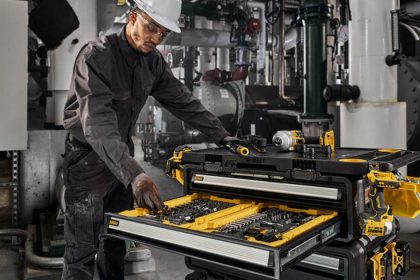South Australian homeowners will have the chance to spark significant energy savings by turning their homes “energy-smart”.
The new Energy Masters project will give 500 SA households a chance to flick the switch on their home’s energy consumption by powering on the use of new energy efficiency tech.
SA Power Networks will provide the latest in consumer energy resources (CER) and smart energy appliances to the homes, which will have their electricity use managed by a home energy management system (HEMS).
The combining of the technologies in a residential setting is an Australian first and will help residents spark significant savings on their power bills by allowing them to shift household energy use away from peak demand periods.
The $13.8 million project is half funded by the Federal Government’s Australian Renewable Energy Agency (ARENA) and will see the 500 households given subsidies to implement different levels of electrification, such as smart split-system air-conditioners, heat pump hot water systems, and smart EV chargers alongside the management system to optimise their energy use.
ARENA CEO Darren Miller says the Energy Masters project would demonstrate the value behind home’s switching to energy-smart electrification products.
“South Australia has led the world in terms of variable renewable energy penetration, so it’s a perfect setting to trial how flexible energy use can complement a high share of renewable generation,” Mr Miller said.
“We’re working with SA Power Networks and the South Australian government to trial the coordination of CER in a real-world setting while unlocking value for participating households, and we look forward to seeing the outcomes of this trial and how its findings can be replicated across Australia.”
Those selected will participate in a research program led by RACE for 2030 that will help demonstrate the value of energy-smart households and provide valuable information to further the concept’s development.
SA Power Networks CEO Andrew Bills said the complex nature of combining consumer energy resources with home energy management systems meant the project would provide helpful feedback in improving its ease of use.
“We recognise the energy system is complex, so the pilot will seek to identify how we can overcome that for the benefit of customers in a way that will also enhance the way we manage our network,” he said.
“Much of the technology is available today, but we need to identify how we can bring together government incentives, retail offers, energy-smart appliances, and energy management systems in a way that is understandable and attractive to energy customers.”
Expressions of interest for Energy Masters will open in the second half of 2024, with the project due to run until 2027.







